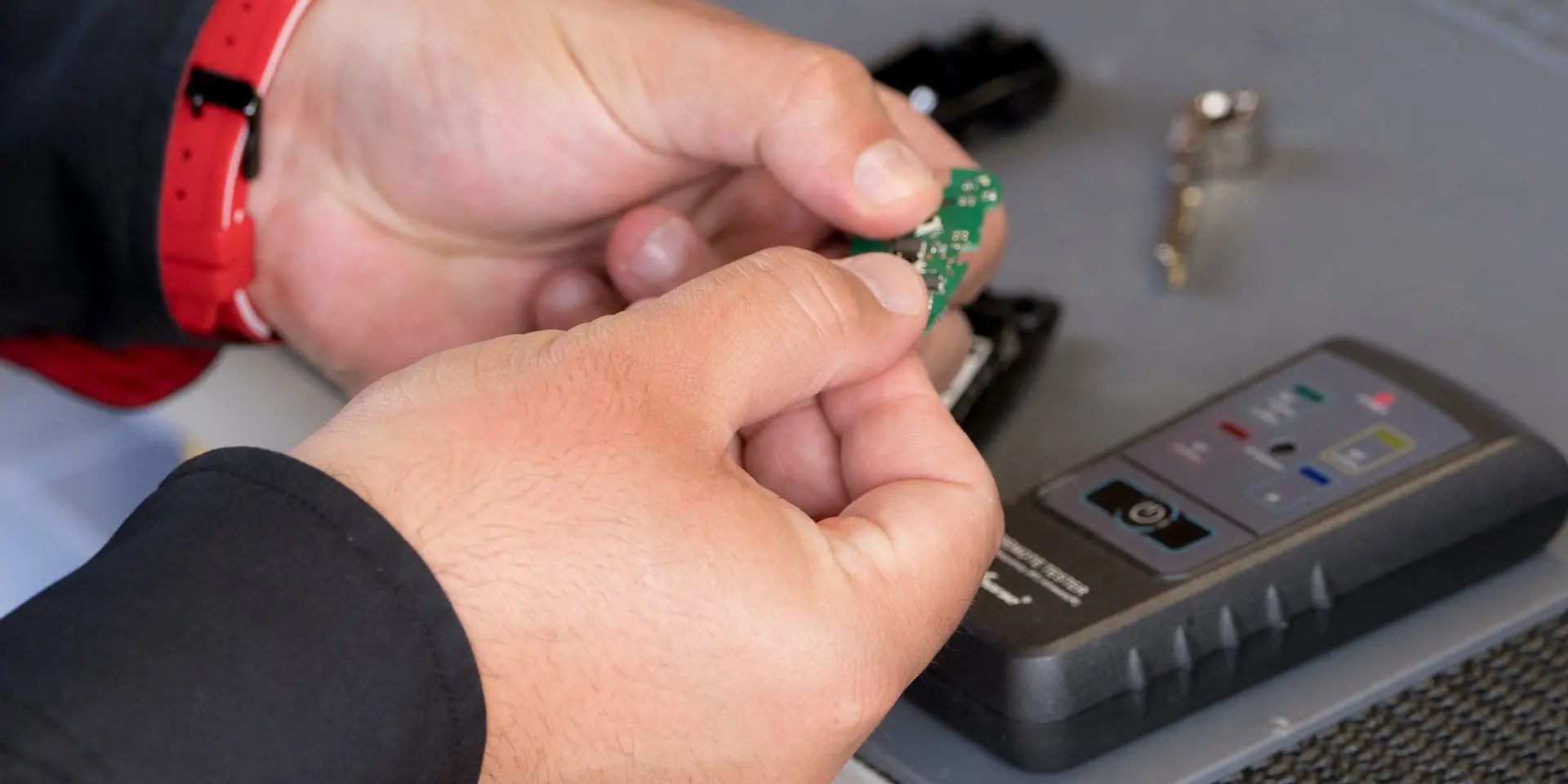
24
JulyWhat's The Job Market For Vehicle Lock Repairs Professionals?
Vehicle Lock Repairs: Ensuring Safety and Security
In a world where vehicle theft and burglaries are prevalent, guaranteeing that a vehicle's locking mechanism is working efficiently is vital for both safety and security. Vehicle lock repairs incorporate a series of repairs and maintenance procedures that address issues associated to locks and ignition systems. This article offers an overview of the types of vehicle lock problems, indications of malfunction, repair choices, and preventative measures while likewise responding to some regularly asked concerns.
Understanding Vehicle Lock Mechanisms
Vehicle locks use different mechanisms that vary amongst makes and designs. The primary parts of a vehicle lock system typically include:
- Key Cylinder: The part where the key is inserted.
- Locking Bolt: Engages and protects the door when locked.
- Lock Assembly: Holds the door closed but can be disengaged when unlocking.
- Ignition Lock: Secures the ignition system of the vehicle.
Each of these components can be susceptible to use and tear or unexpected failure, leading to lock-related problems.
| Element | Description | Typical Issues |
|---|---|---|
| Key Cylinder | Accepts the key to operate the lock | Key jams, difficulty turning the key |
| Locking Bolt | Mechanism that protects the door when locked | Bolt misalignment, stuck bolt |
| Lock Assembly | Engages and disengages to protect the door | Broken latch, inappropriate function |
| Ignition Lock | Secures the ignition to start the vehicle | Key will not turn, ignition failure |
Signs of Lock Malfunction
Vehicle owners need to be alert for indications that their lock systems might be failing. Some common indications of lock concerns consist of:
- Difficulty Inserting Key: If the key does not easily fit into the cylinder, there might be debris inside or use happening within the cylinder.
- Stuck Key: A key that gets stuck while turning can show internal damage or misalignment.
- Locked Door Will Not Unlock: If a door refuses to unlock, it might be due to a malfunctioning locking bolt or lock.
- Uncommon Noises: Grinding or clicking sounds while trying to lock or unlock the door can suggest structural issues in the locking mechanism.
- Faulty Remote: If the key fob is not responding, the concern may lie not only with the fob's battery however might also point towards problems in the lock receiver in the vehicle.
Fixing Vehicle Locks
Dealing with a vehicle lock issue can be complex, and while some repairs can be taken on in the house, others might require expert help.
Do it yourself Repairs
Some small lock problems can be repaired without the aid of a mechanic. Here are a couple of examples:
- Lubrication: Regularly apply a silicone-based lubricant to key cylinders and locks to avoid sticking.
- Clean the Key: Dirt on the key can cause jamming in the key cylinder. Tidy keys with rubbing alcohol to eliminate dirt or residue.
- Check the Battery in the Remote: For remote key fobs, verify that the battery is practical by evaluating it with another vehicle or having it replaced.
Professional Repairs
For more considerable issues, professional repairs may be necessary. Typical professional services consist of:
- Key Replacement: If the key is lost or damaged, a locksmith can develop a brand-new key or rekey the lock.
- Reprogramming Key Fobs: Sometimes the remote requirements to be reprogrammed to sync with the vehicle's receiver.
- Comprehensive Lock Replacement: In extreme cases, whole locking mechanisms might require replacement due to damage or wear.
Preventative Measures
To extend the lifespan of vehicle locks and avoid concerns, consider the following preventative procedures:

- Regular Maintenance: Periodic assessment and lubrication of locks can avoid future breakdowns.
- Avoid Excessive Force: Handling keys and doors gently can decrease use on locking mechanisms.
- Instantly Address Issues: If issues develop, resolving them immediately can prevent further damage and more pricey repairs.
Often Asked Questions
Q: How do I know if my vehicle lock needs repair?A: Look for signs such as problem placing the key, unusual sounds, or the door stopping working to lock or unlock. Q: Can I repair a stuck lock myself?A: Simple problems such as lubrication might
be dealt with in your home; nevertheless, intricate problems typically require specialists. Q: How much does it cost to repair a vehicle lock?A: Costs can vary commonly based on the issue and vehicle type. Basic repairs may start around ₤ 50, whereas lock replacements can cost several hundred dollars. Q: What ought to I do if I lose my car key?A: Contact a locksmith or your car dealership for a replacement key. They might need your vehicle recognition number (VIN )to produce a brand-new key. Q: Are aftermarket keys as reputable as original keys?A: Aftermarket keys can be less reputable than OEM keys, as they may not comply with the exact same requirements and quality standards.
Maintaining the stability of a vehicle's lock system is
vital for overall security and safety. By acknowledging the signs of a malfunction, carrying out appropriate repairs, and implementing preventative measures, vehicle owners can prevent the trouble and possible threats related to lock issues. Guaranteeing that locks work properly boosts not just the vehicle's safety but likewise the peace of mind of its owner.


Reviews